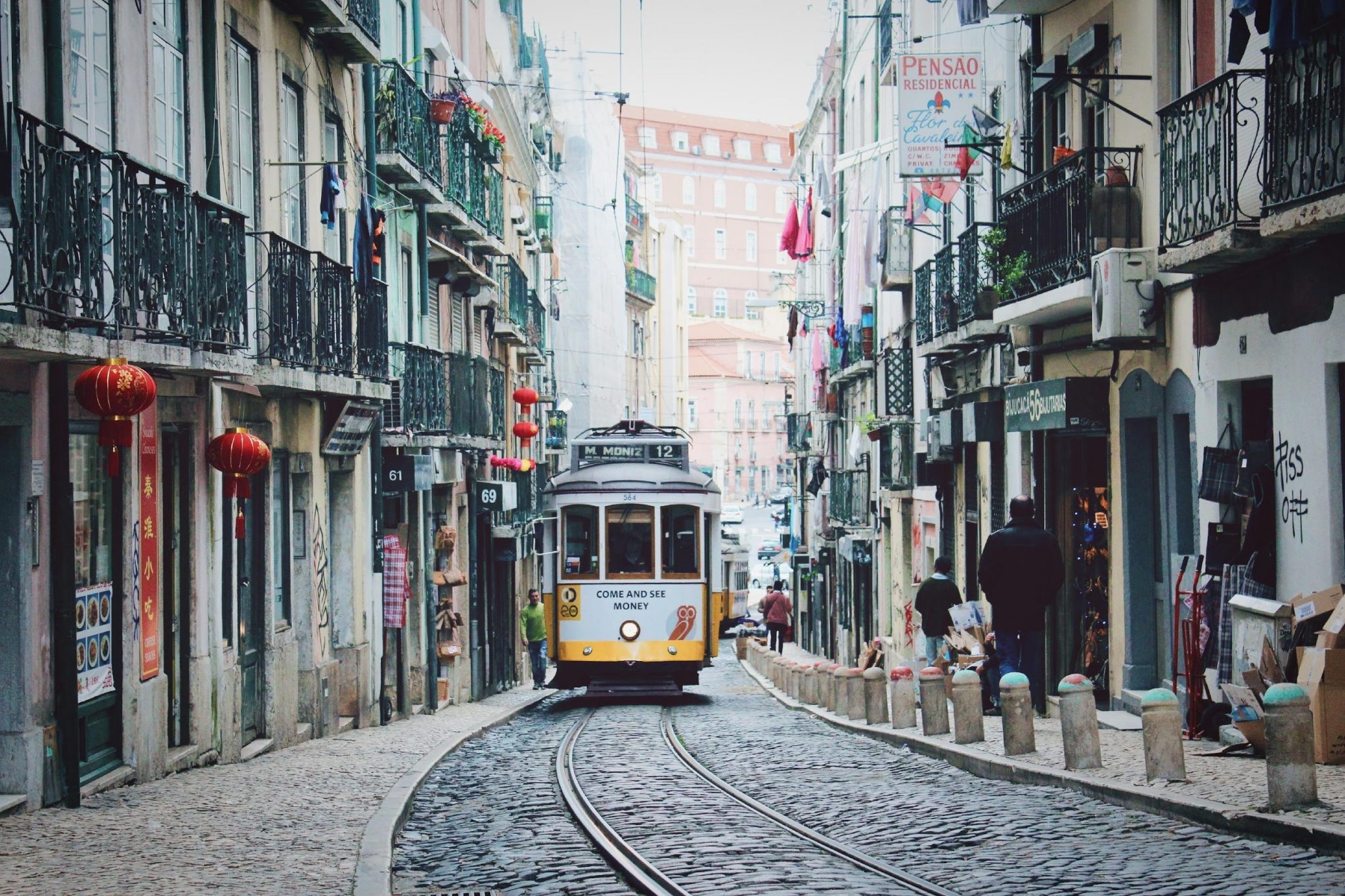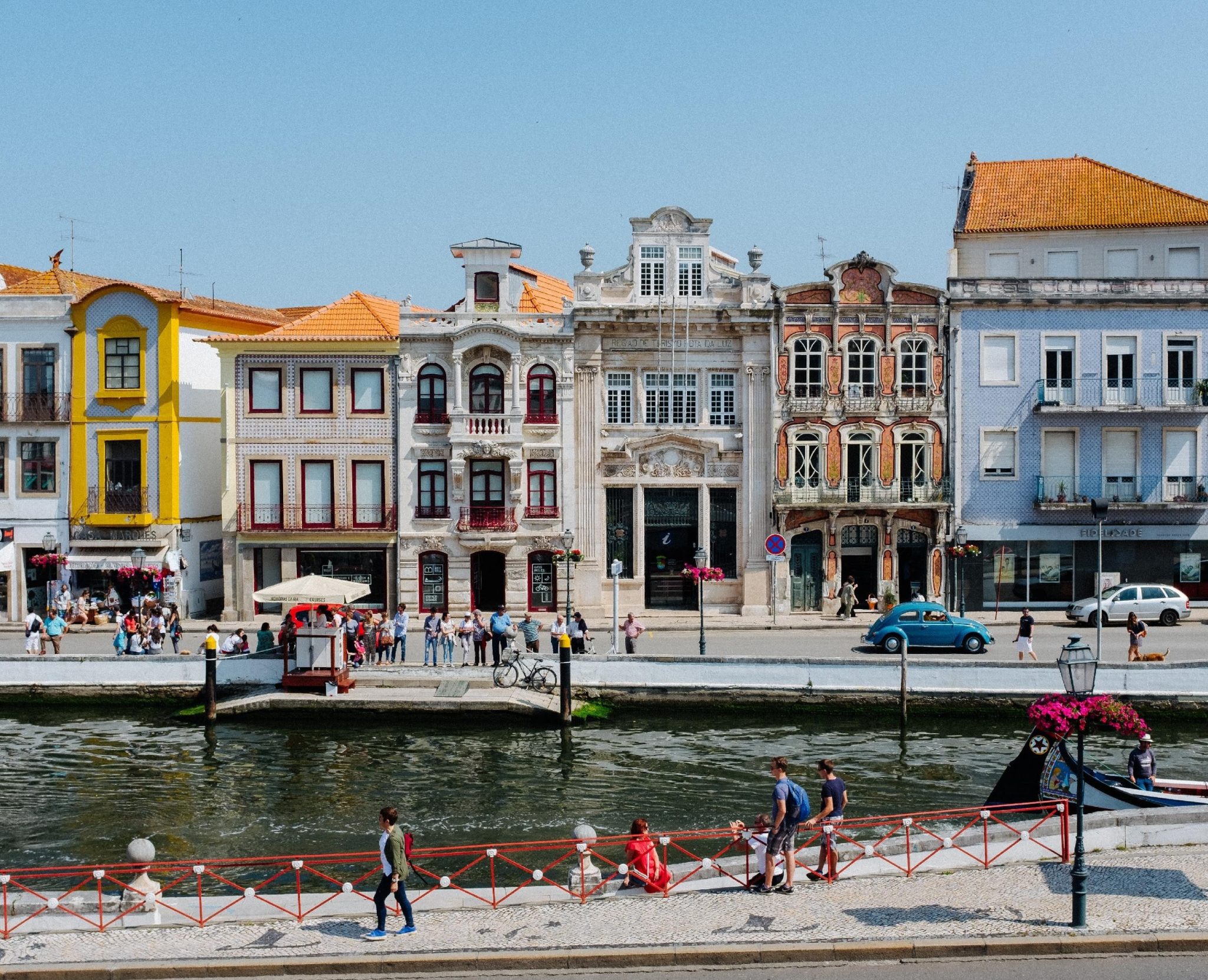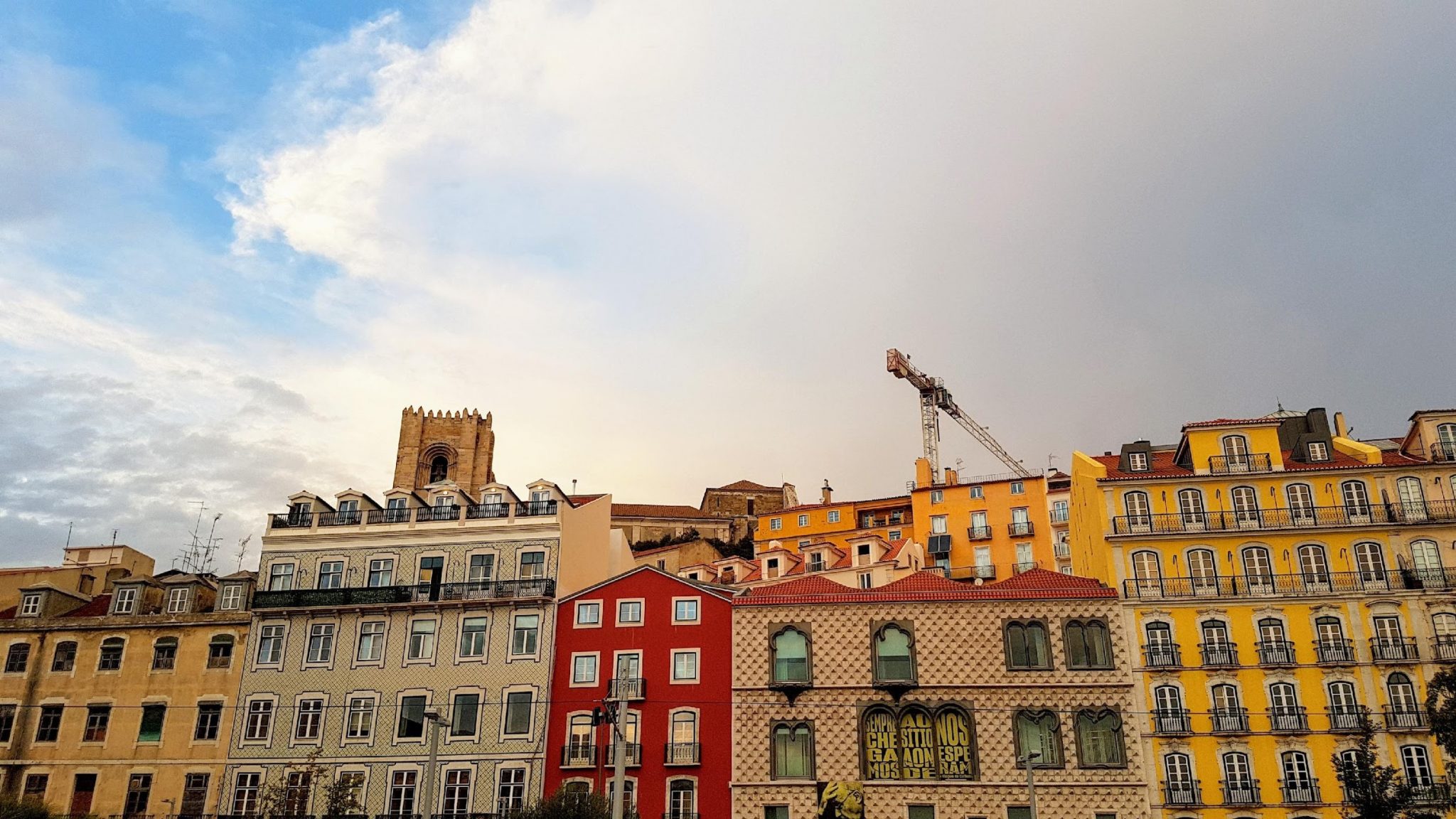Prior to 2014, Portugal’s house prices were in freefall, after 13 consecutive quarters of year on year decline, but in the final quarter of that year
Prior to 2014, Portugal’s house prices were in freefall, after 13 consecutive quarters of year on year decline, but in the final quarter of that year things began to change and since then Portugal’s house prices have risen steadily and the market continues to go from strength to strength. Since 2012, 4.3 billion euros has been invested by foreign investors in Portuguese real estate, making Portugal hot in the eurozone’s property market.
In the last two years, property prices in Lisbon have increased by 25% and in the historic centre by as much as 60%, but despite these rises, Lisbon house prices are amongst the lowest in the western European capitals. From the perspective of a foreign buyer, property in Lisbon represents great value and a further bonus is that apartments in the city provide a good rental yield.

Non-natives currently account for 9 in every 10 property purchases in Lisbon. Buyers are attracted by the lack of restrictions on foreign property ownership in Portugal and the existence of ‘the Golden Residence Permit’. This helps enable property purchasers from outside the EU to obtain permits of residency for five years. Purchase transaction costs are often low here, and Portugal has one of the lowest costs of living in Europe. Add to this, stunning views, great food and wine and outstanding architecture and it’s easy to see why this historic city is so appealing.
According to Nadezhda Yakimenko, of Cascais Real Estate Agency, ‘In Lisbon, construction and reconstruction projects have proliferated. The whole city centre has been renovated. Buyers are scooping up Lisbon apartments in the new developments before construction is finished.’

Francisco Bethencourt, a history professor at King’s College, London, has made the observation that ‘Lisbon has never been better in terms of the restoration of its buildings. The number of decrepit buildings has been reduced and some of the misery that existed in some neighbourhoods is no longer visible.’
It is estimated that over 900,000 expats currently have made their home in Portugal, attracted by the beautiful beaches, sunny climate and vibrant culture. Whilst the greatest concentration of expats is to be found in the Algarve and Lisbon Metropolitan area, where English is spoken widely, foreign buyers are increasingly moving into other areas of the country.
Go north of Lisbon and property prices drop by as much as fifty per cent. Increasingly popular with foreign buyers is the ancient university town of Coimbra with its vibrant cultural life and convenient rail links to Lisbon and the north. Further north the temperatures are lower, but the coastline of the Costa Verde is one of outstanding beauty. The northwest coastal city of Porto, famous for its bridges and port wine production, is something of a hidden gem, which is being discovered by foreign buyers. Its narrow, cobbled streets, terraced gardens, museums and outstanding restaurants offer a rich diversity of cultural activities in a breathtakingly picturesque location. It seems likely that Porto will undergo the same kind of transformation as Lisbon in the years to come.



















































































































COMMENTS